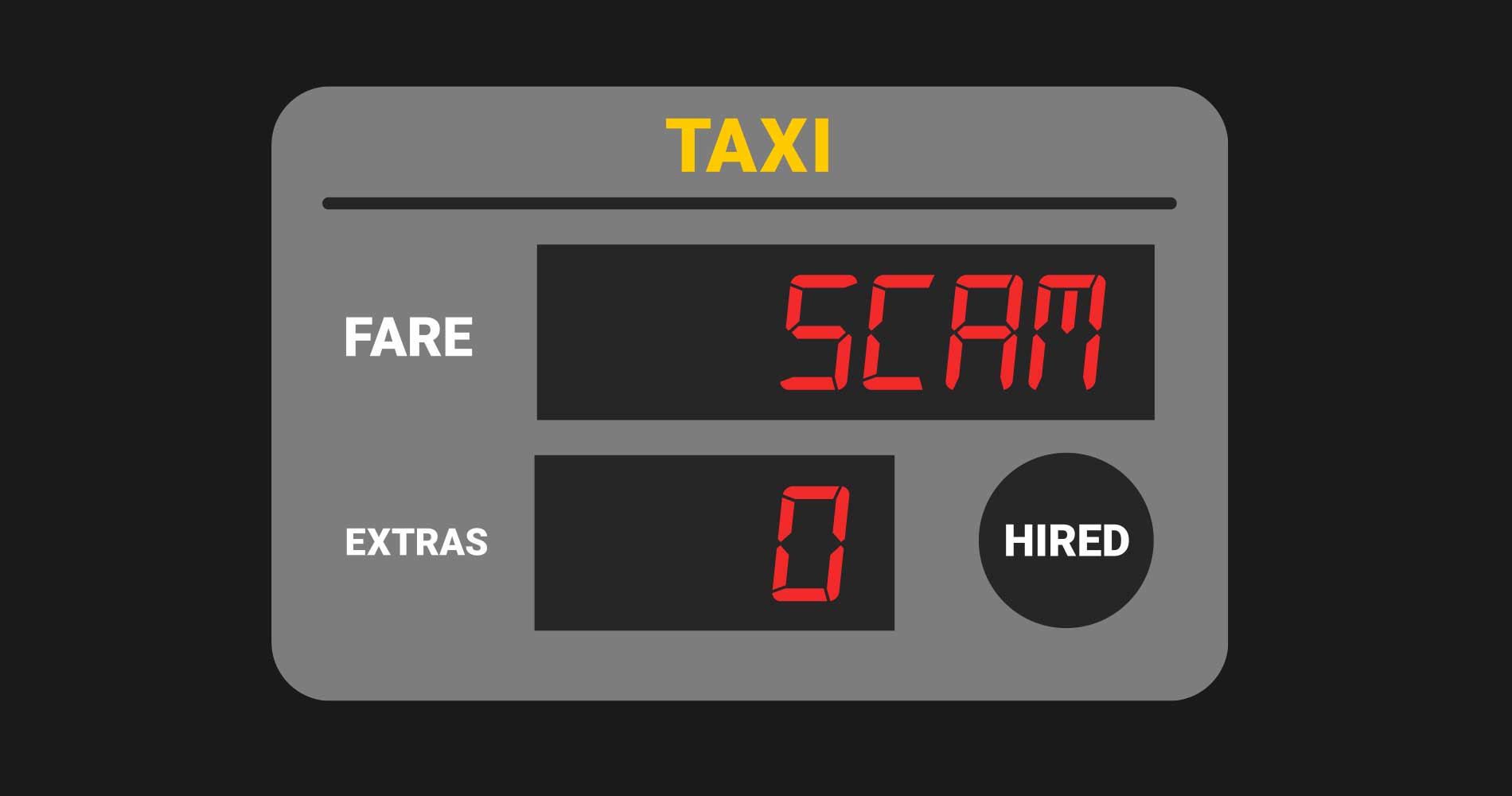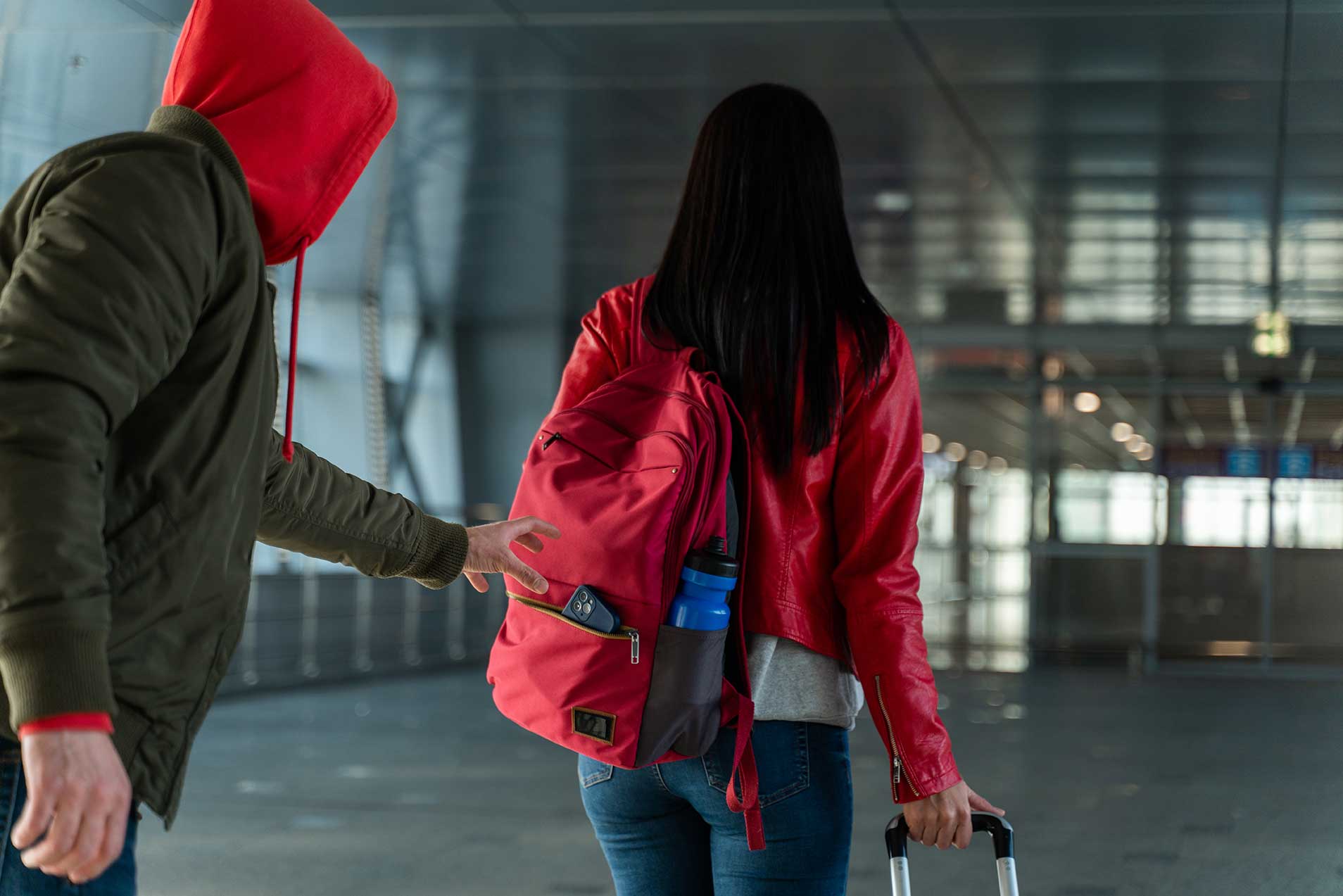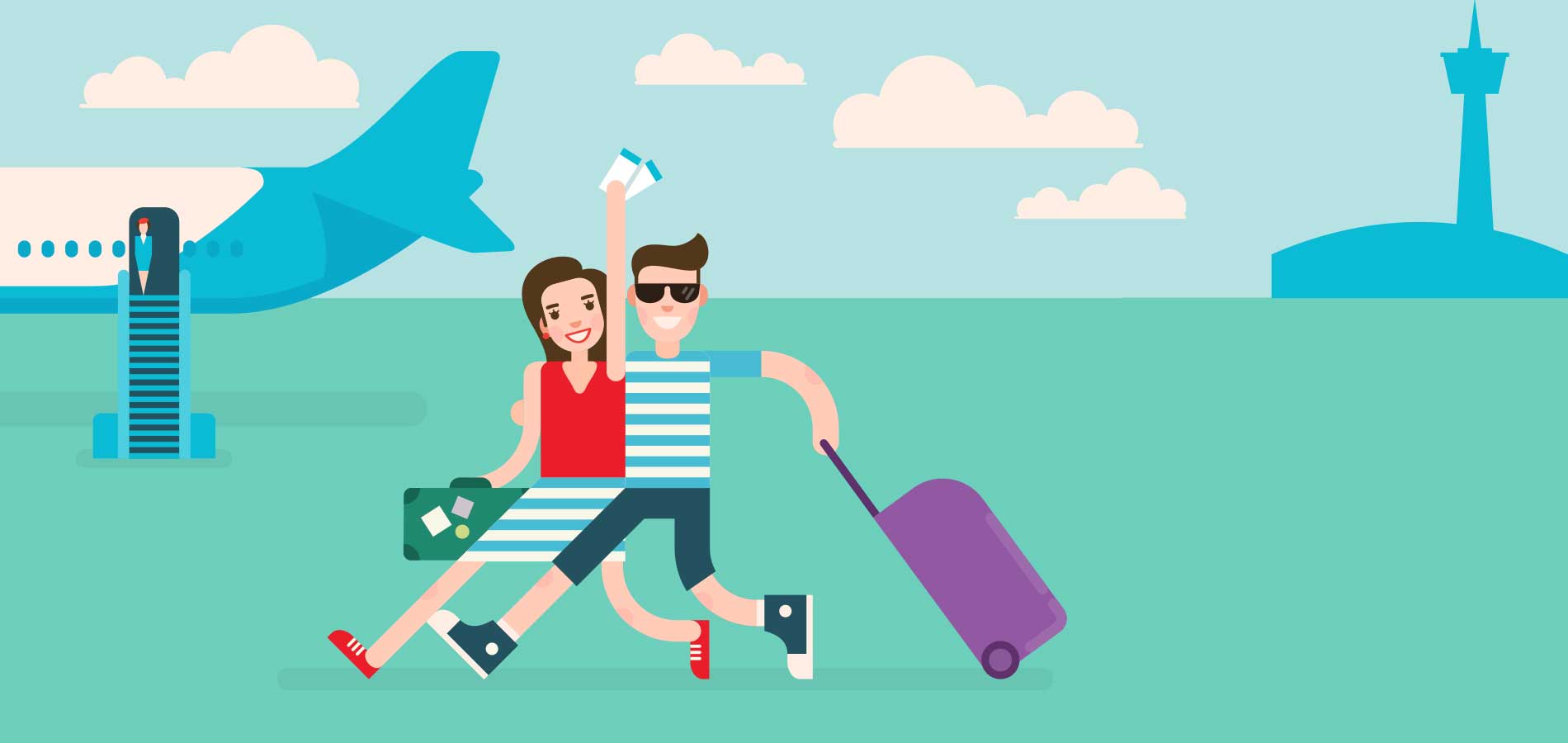Are you thinking about an overseas adventure? While discovering new places is exciting, staying alert to common tourist scams that could ruin your dream vacation is important. Check out our top 8 common travel scams that Australians should be cautious of while travelling:

1. Fake Booking Scams:
In today’s digital age, falling victim to fake booking sites is increasingly common. Scammers create professional-looking websites offering unbeatable deals on hotels, tours, or flights. Sadly, after you make a payment, you often find that the booking is non-existent.
To safeguard yourself:
- Always book directly through trusted websites or verified platforms - check reviews, and verify the site’s URL.
- Confirm your booking details with the service provider to ensure legitimacy.
- Use a credit card for payments, as it provides added fraud protection.
If a deal feels too good to be true, it probably is.

2. Taxi Overcharging
Have you ever jumped into a cab only to discover that the meter is mysteriously "broken"? Some drivers, particularly around airports or popular tourist areas, take advantage of this by imposing outrageous flat rates.
How to prevent this:
- Always opt for licensed taxis.
- Make sure the meter is on.
- Settle on a fare before you start your journey.
Doing some research on trustworthy taxi services at your destination can also help you avoid shady operators.

3. Fake Tour Guides or Tickets
At popular attractions, you might come across friendly "guides" trying to sell you tickets or tours at lower prices. However, these tickets are frequently fake or not valid, which can leave you stuck outside the venue.
How to prevent this:
- Always purchase tickets from official sources or trusted vendors.
- Research and book certified tours ahead of time.
- Verify the credentials of tour guides through online reviews or trusted agencies.

4. Vehicle Hire Scams
If you're planning to rent a bike, scooter, or jet ski for some fun, be cautious of operators who might later accuse you of damaging the vehicle and try to charge you high fees.
How to avoid this:
- It's a good idea to take photos of the vehicle's condition before you start using it.
- Steer clear of leaving your passport as collateral.

5. Currency Exchange Scams
Need to exchange money? Be cautious of sketchy exchange offices that advertise tempting rates but may include hidden fees or “accidentally” shortchange you. Some might even hand out counterfeit bills.
How to prevent this:
- Use official exchange bureaus or withdraw cash from ATMs at trusted banks.
- Always count your money before leaving the counter.
- Make sure you know the local currency to identify any fakes.

6. Pickpocketing and Distraction Tactics
Popular tourist areas are often targeted by pickpockets who employ clever distraction techniques, such as spilling something on you or causing a scene. While you're distracted, their partners in crime take your belongings.
How to avoid this:
- Stay alert.
- Use anti-theft bags.
- keep your valuables secure.

7. Wi-Fi Data Theft
While public Wi-Fi can be handy, some networks are actually traps set up to steal your personal information.
How to avoid this:
- It's best to steer clear of unsecured networks.
- Use a VPN to safeguard your data when you're browsing while travelling.

8. Fake Police Officers
People pretending to be police officers approach tourists, claiming they’ve committed minor offences and insisting on an immediate fine.
How to handle this:
- As to see proper identification before complying with any demands.
- If in doubt, suggest resolving the issue at a police station.
Final Tips to Stay Safe
- Always stay vigilant, especially in crowded areas where pickpocketing is common.
- Avoid sharing too much personal information with strangers.
- Keep copies of important documents, like passports, in a secure cloud service.
Final Tips to Stay Safe
Travelling is one of life’s greatest joys, but staying informed is your best defence against cunning scammers. By recognising these common traps and taking simple precautions, you can keep your adventure stress-free and filled with memorable moments. So, pack your bags, trust your instincts, and let your travels be defined by the places you visit—not the pitfalls you avoid!
Happy and safe travels!







